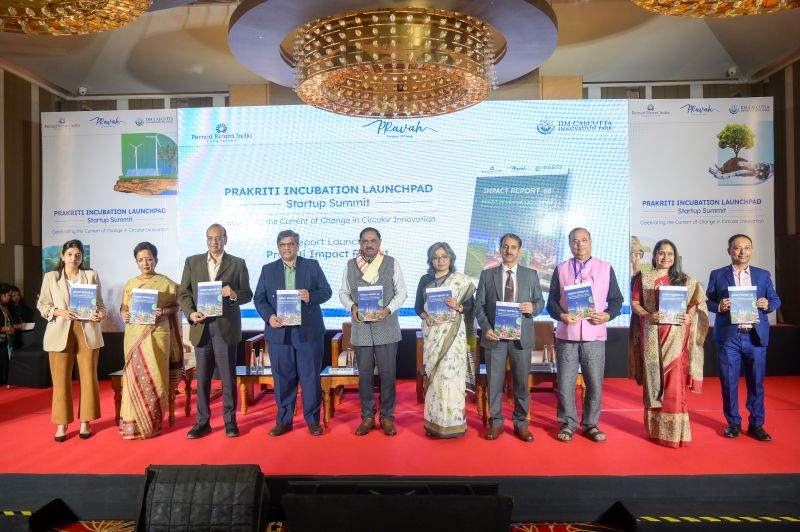Mumbai, October 30, 2025: Honeywell (NASDAQ: HON) has announced a major technological advancement that enables the conversion of agricultural and forestry waste into renewable fuels for hard-to-decarbonize sectors such as shipping and aviation. The new Biocrude Upgrading technology produces low-carbon marine fuel, gasoline, and sustainable aviation fuel (SAF) using affordable and widely available biomass sources like wood chips and crop residues.
Designed to deliver performance comparable to conventional fuels, Honeywell’s new solution offers a cost-effective and scalable alternative for industries seeking to reduce carbon emissions. For ship operators, these ready-to-use or “drop-in” renewable fuels offer a lower-carbon substitute for heavy fuel oil without requiring expensive engine modifications and can extend a vessel’s range due to their higher energy density than many existing biofuel options.
Ranjit Kulkarni, Vice President and General Manager, Energy and Sustainability Solutions, Honeywell India, said: “Honeywell’s Biocrude Upgrading technology tackles key challenges in renewable fuel production—cost and feedstock availability—by converting low-cost, locally available residues such as forest and agricultural waste into lower-carbon fuels at reduced production costs. The innovation reinforces our commitment to advancing India’s energy transition through scalable, sustainable, and economically viable solutions that help industries meet the nation’s clean energy goals.”
The process converts agricultural and plant residues into biocrude at collection sites, reducing transportation costs and improving efficiency. This biocrude is then refined at major facilities to produce renewable marine fuel, gasoline, or SAF, addressing long-standing challenges in converting biomass-based materials into high-performance fuels.
The Biocrude Upgrading technology can be deployed through prefabricated modular plants, allowing for quicker installation and reduced project risks. This modular approach simplifies site construction and shortens project timelines, offering a practical solution for accelerating renewable fuel production.
The introduction of this technology comes at a critical time, as global shipping companies face increasing regulatory and customer pressure to decarbonize operations. Since the 1960s, the maritime sector has relied heavily on heavy fuel oil, which accounts for about 3% of global greenhouse gas emissions.
Honeywell’s Biocrude Upgrading process complements its broader renewable fuels portfolio, which includes Ecofining™, Ethanol to Jet, Fischer-Tropsch (FT) Unicracking™, and UOP eFining™ technologies. Together, these systems convert renewable feedstocks, green hydrogen, and carbon dioxide into low-carbon fuels to support the global clean energy transition.
Honeywell will showcase the Biocrude Upgrading technology along with other sustainability-driven innovations at the Honeywell Growth Symposium 2025, scheduled for October 30–31, 2025, in Bengaluru. The event will convene global business leaders, technology experts, and Honeywell’s senior executives to explore new pathways for sustainable growth and industrial transformation.














.jpg)








